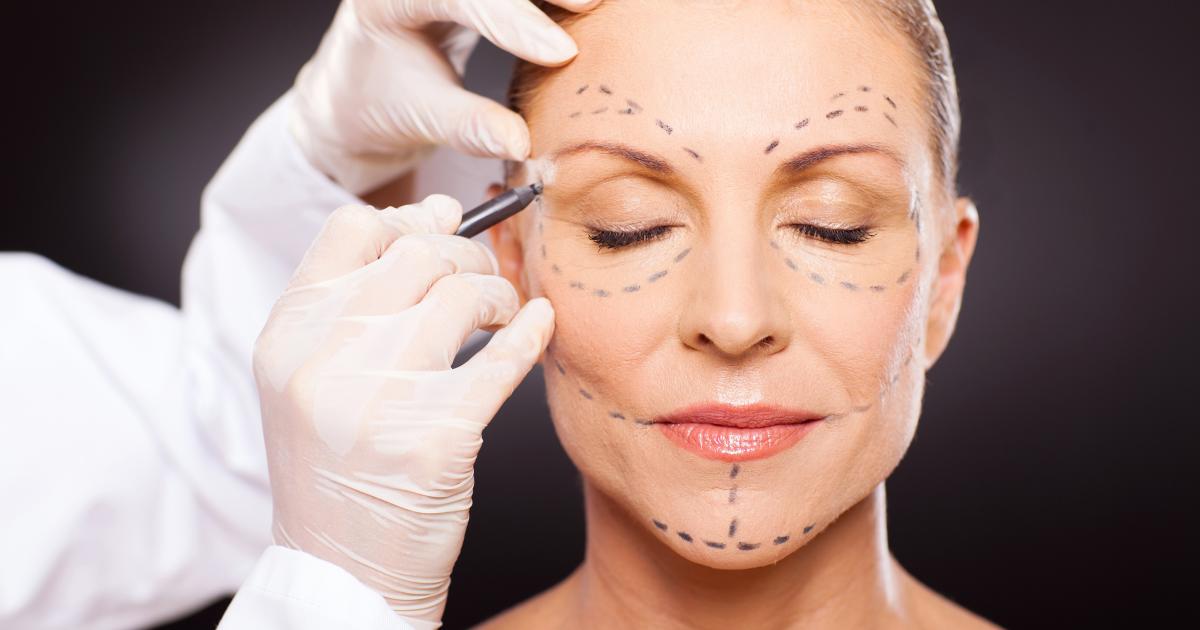
Cosmetic surgery has become increasingly popular in Australia, with many people seeking to enhance their appearance and boost their confidence. While most cosmetic surgeries are performed safely by qualified professionals, there is an underbelly of the industry that remains hidden from the public eye. In this article, we will delve into the darker side of Australia’s cosmetic surgery industry, exploring the risks, the rise of unscrupulous practitioners, and the importance of ensuring safe and ethical practices.
1. The Rise of Cosmetic Surgery in Australia
- A Growing Trend
Has experienced a surge in popularity across Australia in recent years. The desire to achieve beauty ideals, influenced by media and celebrity culture, has driven many individuals to explore surgical options to alter their appearance. - The Influence of Social Media
The rise of social media platforms has also played a significant role in fueling the demand for cosmetic procedures. With the prevalence of image-focused platforms, individuals are increasingly exposed to unrealistic beauty standards, leading to a rise in body dissatisfaction and a desire to undergo cosmetic enhancements.
2. The Unregulated Practices
- The Lack of Regulation
One of the concerning aspects of Australia’s cosmetic surgery underbelly is the lack of stringent regulations governing the industry. Unlike plastic surgery, which requires specialized training and qualifications, cosmetic surgery can be performed by any medical practitioner, even those without specific training in the field. - The Proliferation of Non-Credentialed Practitioners
The lack of regulation has opened the door for unscrupulous practitioners to enter the market, leading to an increase in botched procedures and unsafe practices. These non-credentialed practitioners often lack the necessary skills and experience, putting patients at risk of serious complications.
3. The Dangers and Risks
- Botched Procedures
In the pursuit of beauty, many individuals have fallen victim to botched cosmetic procedures. From poorly executed surgeries to substandard aftercare, these botched procedures can lead to disfigurement, scarring, and even life-threatening complications. - The Psychological Impact
The aftermath of a botched cosmetic procedure can have severe psychological effects on the individual. Physical changes may lead to body dysmorphia, anxiety, and depression, leaving patients to grapple with the consequences of their decision.
4. The Importance of Education and Research
- Informed Decision-Making
Education and research are essential in combating the dangers of cosmetic surgery underbelly. Prospective patients must be empowered with accurate information about the procedures they are considering, along with the potential risks and benefits. - The Role of Accredited Professionals
Seeking out accredited and qualified professionals is crucial for ensuring a safe and successful cosmetic surgery experience. Patients should research the credentials and experience of their chosen practitioner and be wary of enticingly low prices that may indicate subpar services.
5. The Need for Regulation
- Calls for Stricter Regulations
The cosmetic surgery underbelly has sparked calls for stricter regulations within the industry. Advocates argue that mandatory licensing and certification for all cosmetic surgeons could help reduce the prevalence of unqualified practitioners and safeguard patients’ well-being. - The Role of Professional Bodies
Professional bodies, such as the Australian Society of Plastic Surgeons (ASPS) and the Australian Society of Aesthetic Plastic Surgeons (ASAPS), play a vital role in promoting ethical practices and patient safety. They advocate for higher standards and support accredited professionals who prioritize patient care.
6. The Importance of Mental Health Assessment
- Addressing Underlying Issues
Mental health assessment is a critical aspect of the cosmetic surgery process. Patients considering cosmetic procedures should undergo thorough assessments to ensure that their motivations are not solely based on body dissatisfaction or unrealistic beauty standards. - The Responsibility of Practitioners
Practitioners also bear a responsibility to assess their patients’ mental and emotional well-being before proceeding with any cosmetic surgery. Ethical practitioners will prioritize the patient’s mental health and decline procedures if they believe it is not in the patient’s best interest.
While cosmetic surgery can offer transformative and confidence-boosting results, Australia’s cosmetic surgery underbelly serves as a stark reminder of the risks associated with unregulated practices. The industry must prioritize patient safety, ethical conduct, and mental health assessments to ensure that cosmetic surgery remains a positive and empowering experience for those seeking to enhance their appearance.
Regulation, education, and the involvement of accredited professionals are essential in combating the dangers posed by unscrupulous practitioners. By promoting safe practices and informed decision-making, Australia’s cosmetic surgery industry can work towards providing patients with the highest standard of care and upholding the integrity of this evolving field.